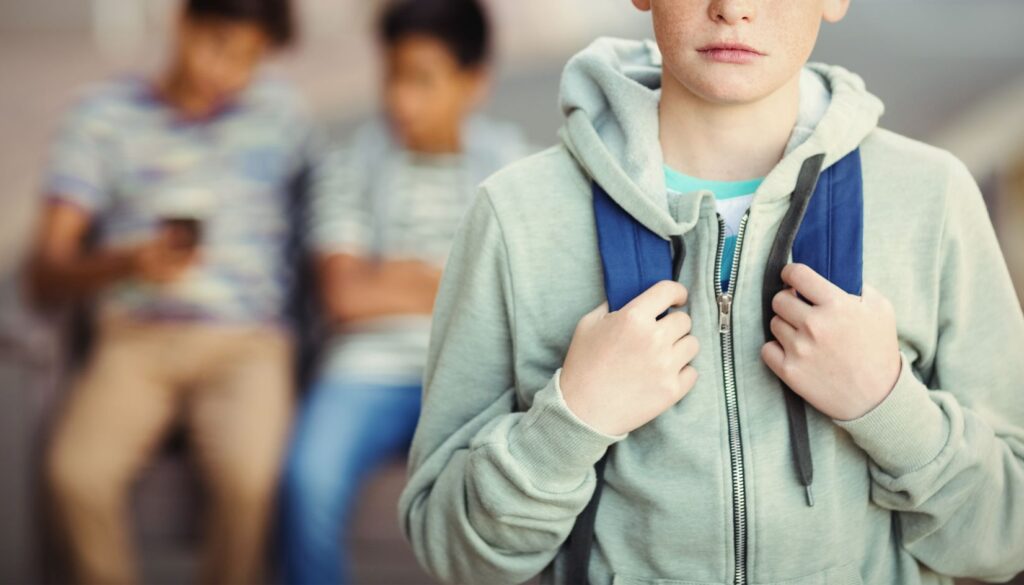3 Signs that Your Child Might Need Counseling

If you’ve noticed personality shifts in your child you may have already started to question whether or not they would benefit from psychotherapy. There are multiple reasons why your child might experience a change in personality. Sometimes, the manifestation of these shifts are precipitated as a direct result of a traumatic experience. Other times, however, they may appear out of the blue. Regardless of the cause, it’s important to pay attention to these shifts, because they can assist you in determining whether or not it is necessary to seek counseling for your child.
I want to share 3 signs all parents should keep an eye out for. These can help parents determine if your child could benefit from speaking with a counselor.
- Deviant Behaviors
- A sudden shift in usual interests or habits.
- Social Isolation
#1 Deviant Behaviors
If your child is exhibiting problematic behavior both inside and outside the home, this is one of the most common warning signs that they may benefit from counseling. Your child may have an increased probability to argue, whine, and take a defensive stance, even in response to the most innocuous questions or comments.
Pay close attention to these responses, mainly if they occur more frequently than usual. Often, this is your child’s way of asking for assistance without being aware that they are doing so.
When it comes to your child’s experience at school and extracurricular activities, it’s essential to maintain communication with the instructors, teachers, and parents who have regular contact with your child. Tell them your concerns and ask them to inform you if they notice any extreme change in behavior.
#2 A sudden shift in usual interests and behaviors.
Changes in your child’s day-to-day interests and habits are typical but there are certain changes that can be indicative that your child needs some professional assistance.
Changes in eating habits, sleeping patterns, and personal interests are often the easiest to recognise and are the ones that are the most revealing. If these changes continue for more than two weeks, consider making an appointment with your child’s primary care physician. If they believe that emotional stressors are the root of the problem, they can properly explain appropriate next steps.
#3 Social Isolation
If you see that your child is withdrawing socially, this is another indicator that you should look more closely at what is going on emotionally with your child. When children are experiencing negative emotions, such as sadness or anxiety, they frequently withdraw from social interactions and focus their attention inside.
When something like this begins to occur more regularly and harms their interpersonal connections, it is essential to start considering the possibility that it is more than just a sad day. This is especially the case if your child does not typically exhibit shyness or tendencies toward introversion as distinct aspects of their personality.
Are you unsure what it would look like for a youngster to be socially isolated? When children are unhappy, they may engage in several behaviors that lead to social isolation, including the following:
- Having lunch by themself.
- Keeping apart from other children and avoiding other social activities.
- A complete lack of motivation to go outside for any purpose at all.
If you feel your child may benefit from counseling, please contact SEVN Therapy Co. today by calling 817-778-0522 or using this link to schedule a session with me today. I’m happy to help guide you and your kiddo in the right direction.

Stephanie Silva, LPC-Associate
Supervised by Scott Martindale, LPC-S



